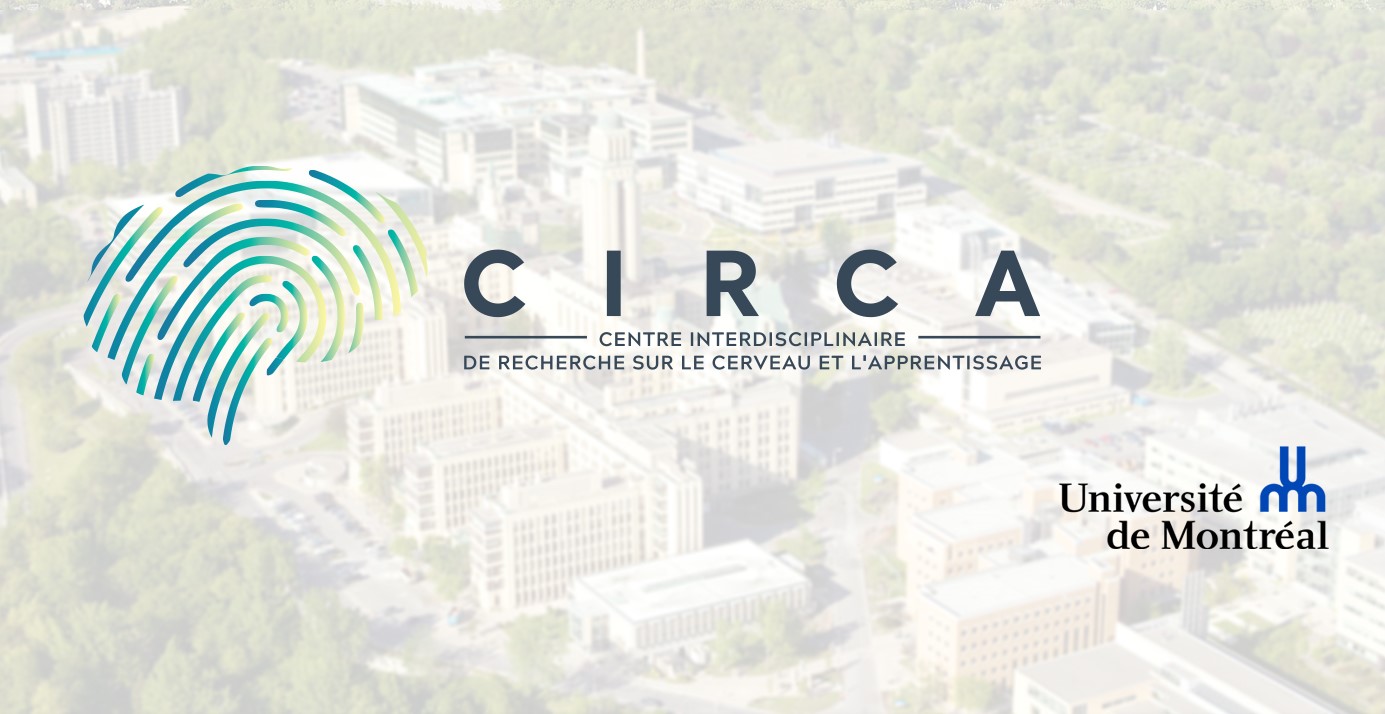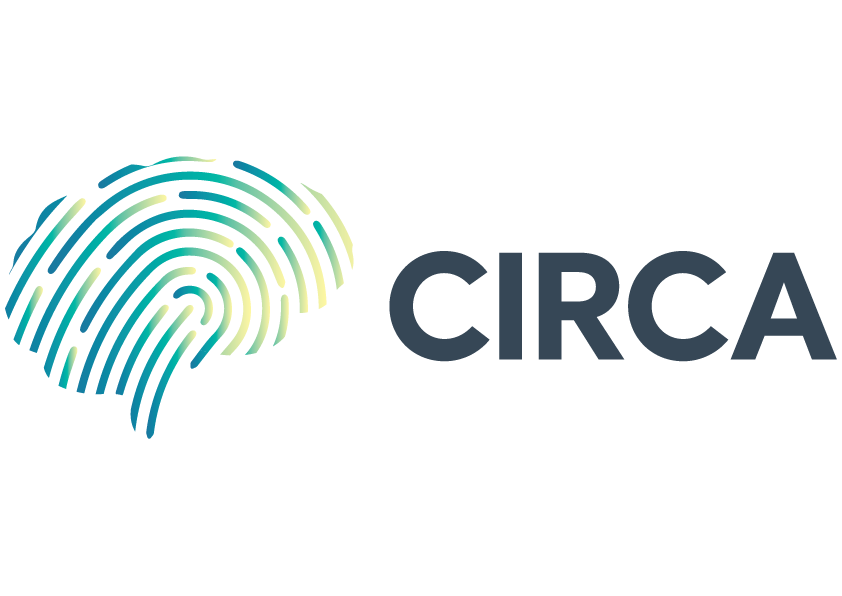Mission

Accelerate interdisciplinary research and its applications through a two-way reinforcement between the brain sciences and the disciplines working in practice settings.
Improve knowledge of the mechanisms underlying sensory, motor, cognitive, and learning functions.
From the cell... to the human being.
To improve life through the development of diagnostic and therapeutic tools and interventions.
From childhood to old age... Learning occurs throughout life.
This content has been updated on 15 July 2022 at 14 h 39 min.
